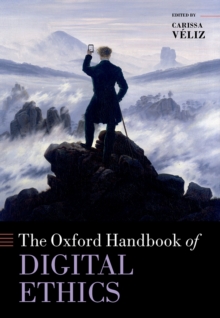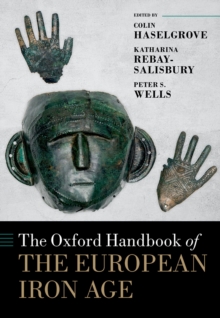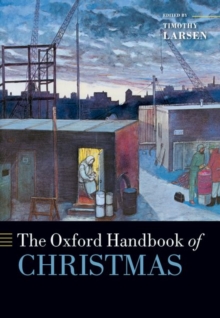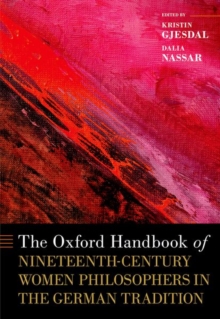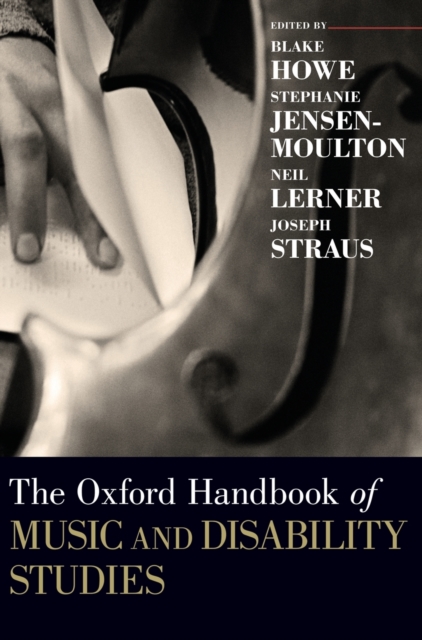
The Oxford Handbook of Music and Disability Studies Hardback
Edited by Blake (Assistant Professor of Musicology, Assistant Professor of Musicology, Louisana State Un Howe, Stephanie (Assistant Professor of Musicology, Assistant Professor of Musicology, Bro Jensen-Moulton, Neil (Professor of Music, Professor of Music, Davidson College) Lerner, Joseph (Distinguished Professor of Music, Distinguished Professor of Music, Graduate Center, Straus
Part of the Oxford Handbooks series
Hardback
- Information
Description
The newly emerged interdisciplinary field of Disability Studies offers a sociopolitical analysis of disability, focusing on its social construction, and shifting attention from biology to culture.
In the past fifteen years, disability-related scholarly work has been undertaken in a variety of disciplines, and disability now occupies a central place in cultural analysis, along with well-established categories like race/ethnicity, gender, sexuality, and class.
The Oxford Handbook of Disability Studies represents a comprehensive "state of current research" for the field of Disability Studies and Music.
The forty-two chapters in the book span a wide chronological and geographical range, from the biblical, the medieval, and the Elizabethan, through the canonical classics of the eighteenth and nineteenth centuries, up to modernist styles and contemporary musical theater and popular genres, with stops along the way in post-Civil War America, Ghana and the South Pacific, and many other interesting times and places.
Disability is a broad, heterogeneous, and porous identity, and that diversity is reflected in the variety of bodily conditions under discussion here, including autism and intellectual disability, deafness, blindness, and mobility impairment often coupled with bodily deformity.
Cultural Disability Studies has, from its inception, been oriented toward physical and sensory disabilities, and has generally been less effective in dealing with cognitive and intellectual impairments and with the sorts of emotions and behaviors that in our era are often medicalized as "mental illness." In that context, it is notable that so many of these essays are centrally concerned with madness, that broad and ever-shifting cultural category.
There is also in impressive diversity of subject matter including YouTube videos, Ghanaian drumming, Cirque du Soleil, piano competitions, castrati, medieval smoking songs, and popular musicals. Amid this diversity of time, place, style, medium, and topic, the chapters share two core commitments.
First, they are united in their theoretical and methodological connection to Disability Studies, especially its central idea that disability is a social and cultural construction.
Disability both shapes and is shaped by culture, including musical culture.
Second, these essays individually and collectively make the case that disability is not something at the periphery of culture and music, but something central to our art and to our humanity.
Information
-
Out of StockMore expected soonContact us for further information
- Format:Hardback
- Pages:952 pages
- Publisher:Oxford University Press Inc
- Publication Date:10/12/2015
- Category:
- ISBN:9780199331444
Information
-
Out of StockMore expected soonContact us for further information
- Format:Hardback
- Pages:952 pages
- Publisher:Oxford University Press Inc
- Publication Date:10/12/2015
- Category:
- ISBN:9780199331444
